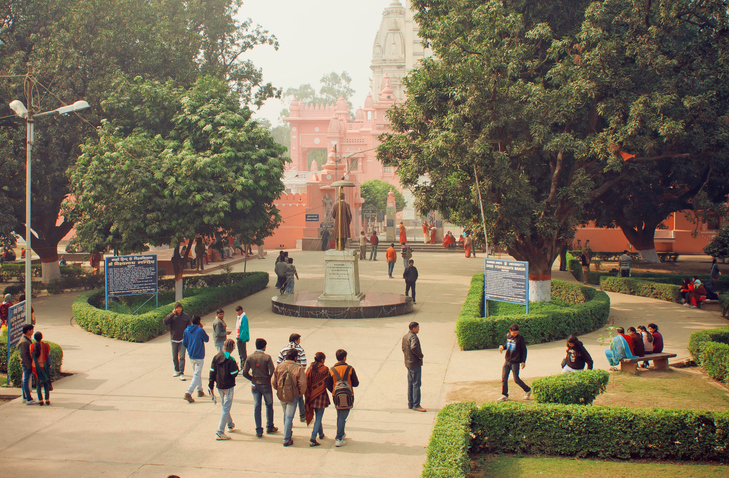Studying in Nepal: some key facts
Growing support for international students, as well as an affordable cost of living, makes Nepal an attractive destination for higher education

The process of applying to university in Nepal is becoming increasingly accessible to international students, offering diverse educational opportunities.
Applying to universities in Nepal offers a unique opportunity to participate in a growing education system. With careful planning and preparation, domestic and international students can navigate the application process, secure financial aid and embark on a rewarding academic journey. The affordable cost of living and the growing support for international students make Nepal an attractive destination for higher education.
Applying to university in Nepal: understanding the application process
Nepal has several public and private universities, such as Tribhuvan University, Kathmandu University and Purbanchal University, each offering a variety of undergraduate and postgraduate programmes.
Prospective students should complete and submit an online application form, which is available on the institution’s official website. Most universities require applicants to create a profile on their system before filling in the application form. In general, the forms ask for personal data, academic history, a statement of purpose and letters of recommendation. Some universities also require applicants to take an entrance exam or submit standardised-test results.
International students must make sure they meet the academic requirements of the specific programme they are applying to.
Cost of studying in Nepal
Exact fees will vary according to the university and programme – however, the cost of studying in Nepal is relatively affordable compared with many Western countries.
On average, tuition fees for undergraduate courses range from NRs100,000 to NRs500,000 per year (about US$850 to US$4,300). Postgraduate programmes tend to be more expensive, especially in areas such as medicine, engineering and business.
In addition to tuition fees, students also need to factor in living expenses. The cost of living in Nepal is low compared with other centres of international education. The monthly cost of living, including accommodation, food, transport and miscellaneous expenses, ranges from Nrs15,000 to NRs30,000 (US$130 to US$260), depending on a student’s lifestyle and location.
Opportunities for international students
Nepalese universities are increasingly welcoming international students, especially from neighbouring countries such as India, Bangladesh and China.
Although most courses are taught in Nepali, some institutions, such as Kathmandu University and Pokhara University, offer a wide range of programmes in English, making them more accessible to international applicants. Some also offer additional support services to foreign students, such as language classes and orientation programmes, to help them adapt to Nepal’s cultural and academic environment.
Guidance and support for applicants
Most universities in Nepal offer guidance and support to applicants during the admissions process. Dedicated admissions offices or international student offices are available to help students with questions about applications, visas and programme requirements.
These offices also offer orientation sessions and workshops to help students deal with the complexities of academic life in Nepal.
Visa requirements for international students
International students planning to study in Nepal must apply for a student visa, which is issued by Nepal’s Immigration Department. The visa application process involves several steps:
- Admission letter: students must first obtain an admission letter from the university in Nepal.
- Proof of funds: applicants need to prove that they have sufficient funds to cover tuition and living expenses during their stay in Nepal.
- Visa application form: this form is available online or from the Nepalese embassy in the applicant’s country of residence. It must be submitted together with passport-size photographs, a valid passport and the admission letter.
- Health clearance: some institutions may require a medical certificate of fitness before granting admission, which also supports the visa application.
Student visas are usually issued for one year, but can be renewed annually for the duration of the study programme. International students are encouraged to apply for their visa well in advance, to avoid delays.



